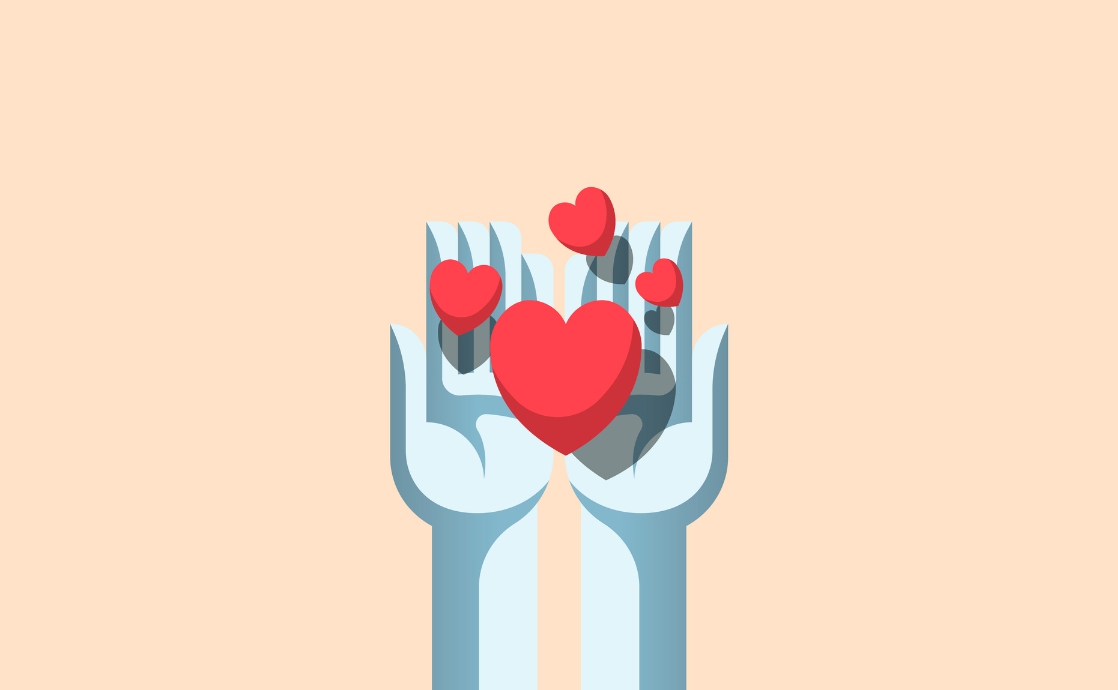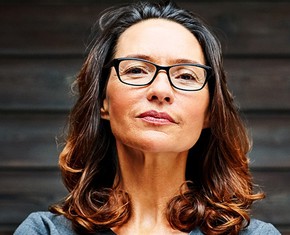The views expressed in our content reflect individual perspectives and do not represent the authoritative views of the Baha'i Faith.
It’s not that difficult to live longer. First you have to want to. Many depressed people don’t, for a lot of good or not-so-good reasons.
When I took classes to learn Dialectical Behavior Therapy to cure depression and a bipolar condition, I met a man who I’ll call Tom. He had such low self-esteem he complained he would always be a failure and worth nothing, despite his loving wife and children. Finally, after much urging during the course of the classes, he started giving Uber rides. Just being around people—and being useful to them—changed his outlook in a matter of weeks.
Many faceless people give up hope, whether over their physical or mental condition or unsuccessful attempts gaining employment. To combat this, housing, food, transportation and job training are key, and should be a function of social services, education departments and governments everywhere.
Sickly people, whether with physical or mental illnesses, often bemoan their condition, regaling others with their trials and tribulations. They may close themselves off to any advice urging them to change self-destructive habits. Even worse, the chronically or clinically depressed forget how to be happy.
Suicidal people have given up hope for their own soul to stay in this life and survive whatever troubles they experience. Mental disorders, also numbering in the hundreds, add to that feeling, temporarily or chronically. Those mental tests may be the worst, because of their insidious nature. They can sneak up on us and become ingrained habits if we aren’t alert to their tentacles, such as negative thinking.
When we have no one rooting for us, no family, loved ones, caregivers or social services to support us, we can’t help getting depressed and sad, giving up on ourselves and others.
That’s why the first way to extend life is to make friends and open ourselves to loving, sharing and caring. Primarily we do this with our parents and siblings as we grow up, then relatives, schoolmates and teachers, clergy, and peer groups, then co-workers and the larger world. Statistics show that developing close and meaningful relationships, and finding a spouse at some point, are the primary ways to extend our own well-being and longevity. Simply, happy people live longer and more productive lives. Those who love others—and who are loved in return—will extend their lifespan and make it better, too.
In an American National Health Survey, controlling for demographic and socioeconomic characteristics, the death rate for people who were unmarried was significantly higher than it was for those who were married and living with their spouses. Although the effect was significant for all categories of unmarried, it was strongest for those who had never married.
The second way to extend our lives is to open up to our loved ones who care for us, and that includes our spiritual community. It never hurts to sincerely ask others how they’re doing, or tell a friend what we’re feeling. Unless we ask or tell someone no help will come, because as sad as we might be, no one can read our minds and intuit what we need.
The Baha’i teachings reassure humanity that our Creator has chosen not to leave us alone, floundering and friendless. Instead, Baha’is believe that God is close by, always there for every one of us. In the words of Baha’u’llah, the teachings of the prophets of God are “choice Wine,” whose purpose is not just to bring a set of laws, but to intoxicate us with love of God and facilitate our spiritual progress:
Think not that We have revealed unto you a mere code of laws. Nay, rather, We have unsealed the choice Wine with the fingers of might and power. To this beareth witness that which the Pen of Revelation hath revealed. Meditate upon this, O men of insight! – Baha’u’llah, The Most Holy Book, p. 21.
That “choice Wine” refers not to actual wine, but to the metaphorical wine of spiritual intoxication and ecstasy. This symbolic wine, mentioned in the Bible, the Qur’an and even in the ancient Hindu traditions, symbolizes the revelation of previously unknown spiritual truths that allow us to “discern the splendours of the light of divine unity.” – Ibid., p. 166.
If you’d like to live longer, don’t use alcohol—it’s a central nervous system depressant. Instead, try the choice wine of God’s newest revelation, the beautiful, intoxicating teachings of the Baha’i Faith.
You May Also Like
Comments

















I agree also that general statements don't work for all cases, there are exceptions. But to the degree that we don't give up trying to understand God's will and purpose, will be the degree to which we arrive ...at peace with our condition, even if unchangeable.
We can also ask God for universal access to adequate health and mental care (for humanity needs both bread and spirit to live), and working toward that goal will ease much suffering.